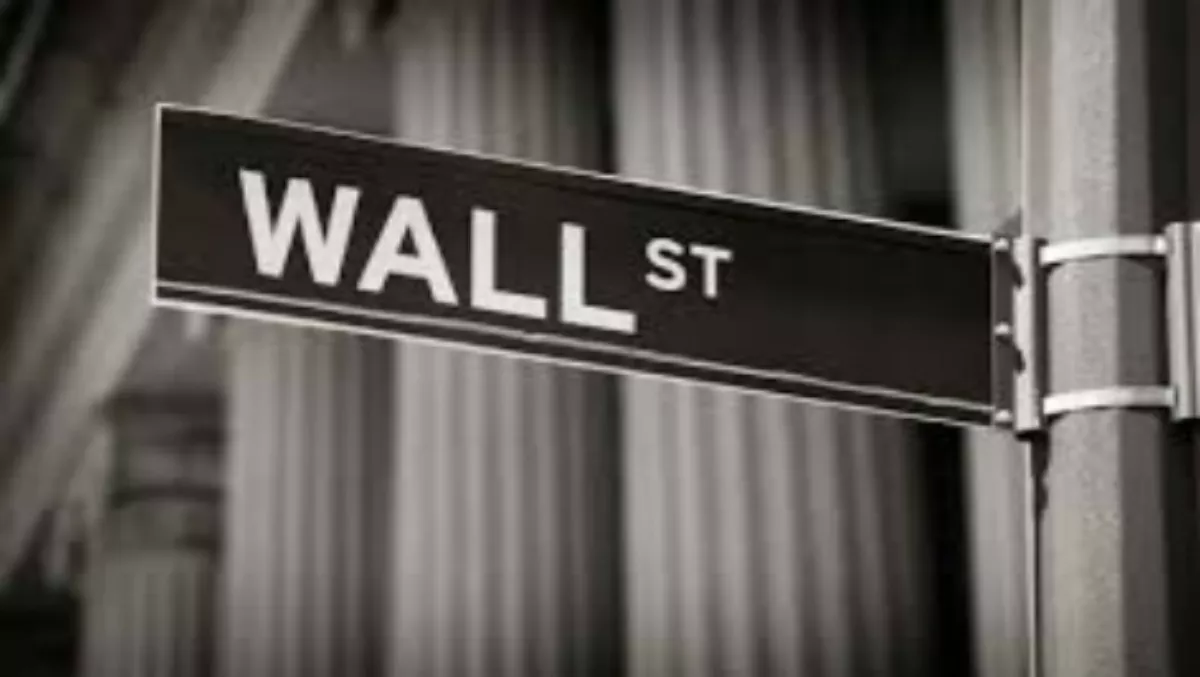Wall Street moved lower as an unexpected gain in new home sales as well as solid data on inflation and manufacturing bolstered the case for the Federal Reserve to begin raising interest rates soon.
In afternoon trading on Wall Street, the Dow Jones Industrial Average fell 0.32 percent, while the Standard - Poor's 500 Index retreated 0.35 percent, and the Nasdaq Composite Index slipped 0.11 percent.
Declines in shares of Pfizer and those of Cisco, recently 1.3 percent and 1.2 percent weaker respectively, dragged the Dow lower. Bucking the trend were shares of United Technologies and Home Depot, last up 0.8 percent and 0.6 percent respectively.
Shares of Google gained, last up 2.2 percent, after the company said it hired Morgan Stanley's chief financial officer, Ruth Porat, as its new CFO.
US new home sales jumped 7.8 percent to a 539,000 annualised pace in February, the highest in seven years, and up from an upwardly revised 500,000 in January, according to Commerce Department data. Economists had predicted a decline, with 76 estimates in a Bloomberg survey ranging from 400,000 to 490,000.
Separately, a Labor Department showed the consumer-price index rose 0.2 percent. Core costs, excluding food and energy, also gained 0.2 percent.
Markit's US manufacturing purchasing managers' index rose to 55.3 in March, the highest level in five months, up from 55.1 in February.
"You have central banks lowering rates around the world, while we are talking about raising rates," Andre Bakhos, managing director at Janlyn Capital in Bernardsville, New Jersey, told Reuters. "Our dollar is naturally going to get stronger."
While the euro gained against the greenback earlier in the session, the US dollar moved higher later in the day.
"Any positive surprises from the euro area are further adding to this euro/dollar rally; however we think this is temporary," Nikolaos Sgouropoulos, foreign exchange strategist at Barclays in London, told Bloomberg. "We still believe in the dollar strength trend going into the second half of the year."
Markit's euro-zone composite flash PMI rallied 54.1 in March, the highest level in almost four years, up from February's 53.3.
"The eurozone's economic recovery gained further momentum in March," Chris Williamson, chief economist at Markit, said in a statement. "The improvement provides welcome news to a region awaiting signs that the ECB's quantitative easing is stimulating the real economy."
Europe's Stoxx 600 Index ended the session with a 0.3 percent advance from the previous close. France's CAC 40 Index rose 0.7 percent, while Germany's DAX gained 0.9 percent.
Markit's flash Germany composite output index rose to 55.3 in March, the highest level in eight months, and up from 53.8 in February.
"It's important that Germany, the export engine of Europe, is managing to maintain momentum for the European recovery," Witold Bahrke, an asset-allocation strategist at Nomura International in London, told Bloomberg. "It's quite astonishing in the light of the global weakness we've seen that Europe has so far been doing so well."
The UK's FTSE 100 Index declined 0.3 percent from the previous day's record-high close.
Meanwhile, China's flash HSBC/Markit PMI dropped to 49.2 in March, the lowest level in 11 months.
"The deteriorating PMI confirmed that downside risks to China's 2015 growth have started to materialise," Jian Chang at Barclays told Reuters. "We expect an accelerated monetary easing cycle and somewhat loosening of the fiscal stance."


